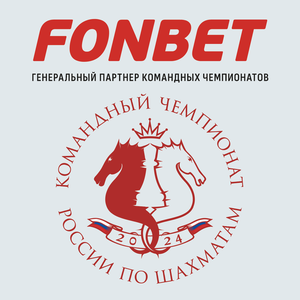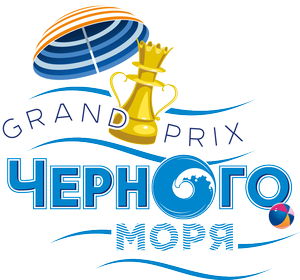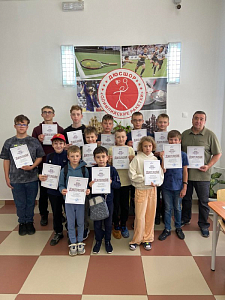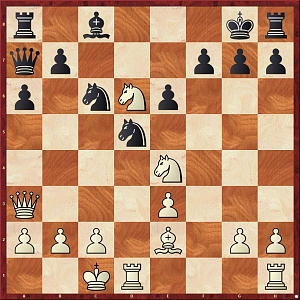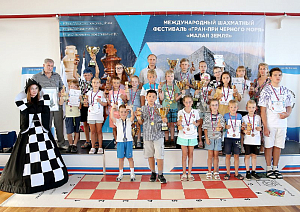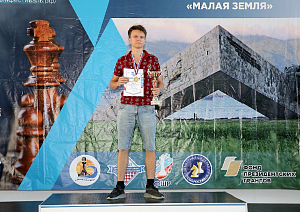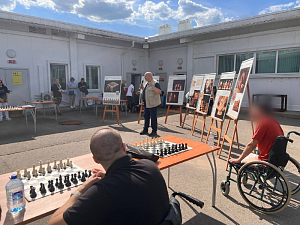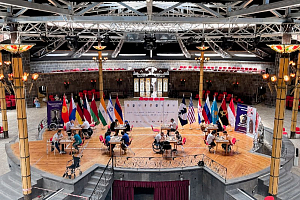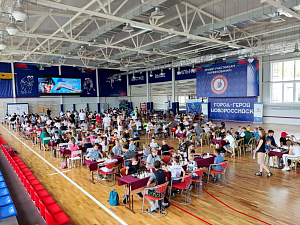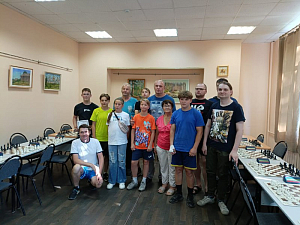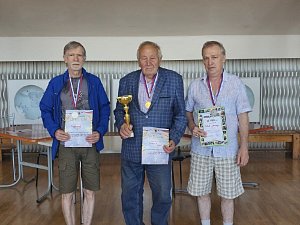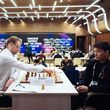Person of day - 12 FEBRUARY 2024
NANA IOSELIANI
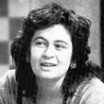
Nana Ioseliani is one of the finest representatives of the mighty Georgian chess school. During her childhood, Nana was interested in music, but after two victories at junior European female chess championship, she made her decision in favour of chess. Ioseliani attended the famous school of Mikhail Botvinnik- the Patriarch noted her immense ability but advised her to work on avoiding tie troubles.
Soon, 17 year-old Nana, who was helped by the famous Muscovite trainer Vladimir Yurkov at that time, soared in a vertical fashion. She qualified from the Soviet zonal tournament with ease and won the inter-zonal tournament with an advantage of 2,5 points against the second prize-winner.
At the quarter-final of the female candidates’ match in 1980, the player from Tbilisi won against Zsuzsa Verőci 6:3 and drew 7:7 with Nona Gaprindashvili in the semi-final, but advanced to the final after a victory in which she played on the black side.
In 1980, the grandmaster debuted for the Soviet national team at the Olympiad- during the Soviet period, Nana Ioseliani won two gold medals. At the final candidates’ match, Ioseliani lost to Nana Alexandria heavily, by a score of 2,5:6,5, and had to begin her path to the summit anew. She was the Soviet champion in 1981, 1981, 1986 and 1987.
In the next cycle, Nana won against Liu Shilan 6:3 but lost 4,5:5,5 to Lidia Semenova. She only managed to fulfil her dream in 1987, when Ioseliani consecutively won the inter-zonal, the candidates’ tournament and the final qualifying match against Elena Akhmilovskaya.
The match for the world championship between Nana Ioseliani and Maia Chiburdanidze took place in Telavi, in Georgia. After the sixth match, the incumbent world champion took the lead and eventually won the match with a minimal score. Ioseliani did not exploit several advantageous positions and, despite her preparations with a very strong group of staff, headed by famous grandmaster Vitaly Tseshkovsky and psychologist Rudolf Zagainov, she could displace Chiburdanidze from her throne. Later on, Maia wrote: “Nana prepared for the match superbly, especially with theories and she played wonderfully. In every single match, I felt her immense chess strength and her unwavering pursuit of victory.” Several years later, Zagainov published a book about the match in Telavi, A Recognised Obligation.
She was the Georgian champion in 1990. That same year, she played in the candidates’ tournament, where she split 3rd place with Alisa Galliamova- Xie Jun and Alisa Maric won a half-point more. In the final round of the dramatic contest with Donaldson- Akhmilovskaya, Nana had the chance to become the third participant in the additional match-tournament, but she lost it.
In 1993, Ioseliani and her new trainer Konstantin Sakaev qualified for a second match for the world crown. In the candidates’ tournament, Nana came second, trailing Susan Polgar by three points, but in the regulated additional match she showed exceptional will and character. However, in the match against the mighty Xie Jun, a heavy defeat lay in wait for the Georgian chess player.
Despite not contending for the world championship again, Ioseliani maintained her level of performance for another decade, demonstrating well consistently. As a member of the Georgian team, she won three Olympiads and the European championship. She successfully played in several Women vs Veterans matches and in 1997 she came 4th at the candidates’ tournament, before playing in the knockout world championships in 2000 and 2001. At the end of the 1990s, she reached an Eli rating of 2520- only Judit and Susan Polgar and Chiburdanidze scored higher.
Nana Ioseliani quit chess after the Olympiad in Bled. “At the 2002 Olympiad in Bled, with three rounds to go, the Georgian team was ahead by a large margin, having already met their main competitors. And in the last three rounds, not a single Georgian won a match! It was a heavy blow for everyone and for Ioseliani the injury was so severe that she did not play another match in her life. At the age of 40, she departed from chess.” (N. Alexandria)









